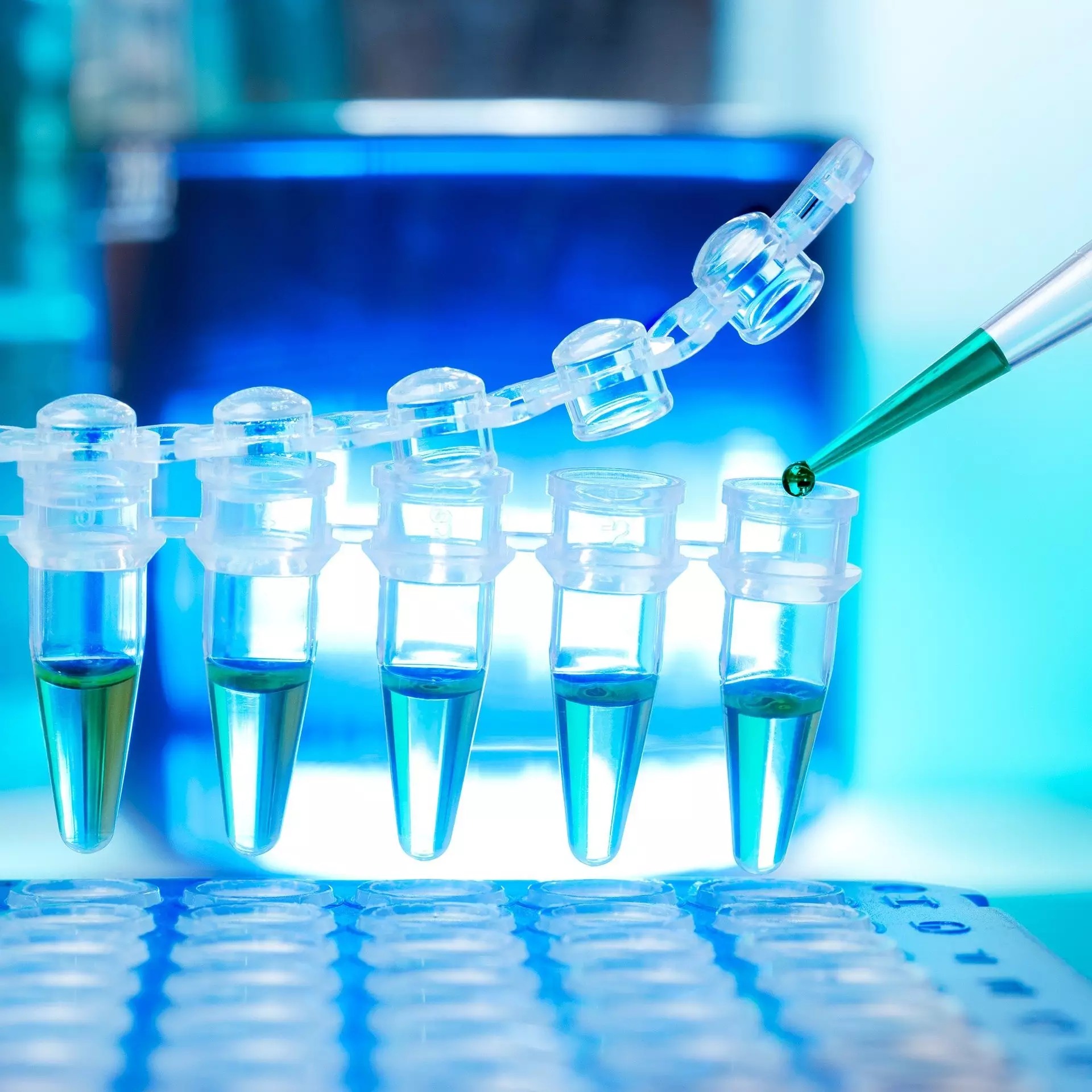The recent discovery of a tool capable of unlocking previously impossible organic chemical reactions has revolutionized the pharmaceutical industry. This breakthrough has paved the way for the creation of effective drugs at a much faster rate compared to traditional methods.
Traditionally, most drugs are assembled using molecular fragments known as alkyl building blocks. These organic compounds have a wide range of applications, but combining different types of these compounds into something new has always been a challenge. This limitation has hindered the development of complex medicines, prolonging the process of bringing new drugs to market.
A team of chemists recently reported the discovery of a unique type of stable nickel complex, a chemical compound containing a nickel atom. This compound can be directly synthesized from classic chemical building blocks and is easily isolated. By utilizing these nickel complexes as temporary caps, scientists can now stitch together various alkyl fragments to create new alkyl-alkyl bonds, opening up new avenues for drug synthesis.
Accelerating Drug Development
The groundbreaking research conducted by Christo Sevov and his team at The Ohio State University has the potential to significantly reduce the time and cost associated with drug development. By leveraging a combination of organic synthesis, inorganic chemistry, and battery science, the researchers have unlocked the astonishing capabilities of nickel alkyl complexes, enabling the creation of more selective molecules with fewer side effects for patients.
The implications of this discovery are immense for the pharmaceutical industry. By utilizing this new tool, researchers can now rapidly generate a large number of drug derivatives in a fraction of the time it would normally take. This accelerated drug development process could lead to quicker market approvals for life-saving medicines, improved drug efficacy, reduced risk of side effects, and lower research costs, allowing chemists to focus on targeting severe diseases that affect smaller groups of patients.
Sevov’s team is already collaborating with several pharmaceutical companies to explore the potential impact of their tool on drug development workflows. These companies are interested in leveraging this innovative technology to fine-tune the structure and performance of drug molecules, potentially leading to the creation of more effective and targeted therapies for patients.
Looking ahead, the team is focused on further enhancing their tool by turning their chemical reaction into a catalytic process. This advancement would not only streamline drug development but also provide an energy-efficient way to speed up other chemical reactions. By continuously improving their technology, the team aims to revolutionize the field of pharmaceutical innovation and pave the way for more efficient drug discovery and development processes.
The discovery of stable nickel complexes represents a significant leap forward in organic chemistry and drug development. Through innovative research and collaboration, scientists are transforming the way drugs are synthesized, ultimately leading to the creation of safer, more effective medications for patients worldwide.


Leave a Reply